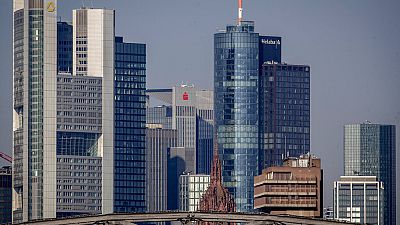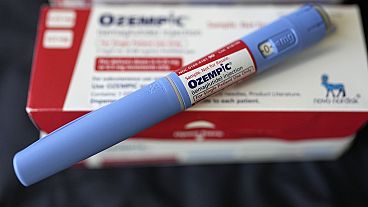The United Arab Emirates appears on the EU’s list of suspect dirty-money jurisdictions.
The EU securities-market watchdog today (6 February) removed its recognition from the Dubai Commodities Clearing Corporation (DCCC) given money laundering fears.
The move, which blocks EU banks from using the financial infrastructure, comes after the bloc badged the United Arab Emirates as a money laundering threat.
The European Securities and Markets Authority, ESMA, had originally tried to blacklist the DCCC last year, but the attempt was put on hold pending an appeal.
The Board of Appeal “found no evidence that the adverse economic consequences DCCC faced were disproportionate,” said a legal document published by ESMA today. “Consequently, the decision by ESMA has become fully operational.”
The decision means no UAE clearinghouses are now recognised by the EU, after privileges were withdrawn from Nasdaq Dubai and Dubai Clear last year.
The EU’s money-laundering blacklist has proved controversial, and member states blocked a 2019 attempt by the European Commission to add Saudi Arabia to its list. The UAE was added last year, where it sits alongside the likes of South Africa, Gibraltar and North Korea.
The bloc has also toughened up its rules on foreign clearinghouses in the wake of Brexit, fearing that reliance on London-based financial institutions could threaten the economy. Clearinghouses are vital parts of the financial system, offering a central counterparty where trades agreed on securities exchanges can be finalised.
Though DCCC describes itself as the largest and most diversified clearinghouse in the Middle East, ESMA says there’ll be limited financial impact from the move.
Initial margin collateral posted to DCCC is about 9,000 times lower than that at the London Stock Exchange Group’s LCH, according to data published by the regulator today, and the one remaining EU-based member has already resigned from the Dubai entity.
The EU decision could also jeopardise more lucrative relations with UK-based members, as the Bank of England has indicated it will follow the EU's suit.
"DCCC has submitted that it possesses substantial current business engagements in the UK," said the ESMA legal decision, saying that four UK broker members are also likely to resign.
DCCC did not immediately respond to a request for comment.



